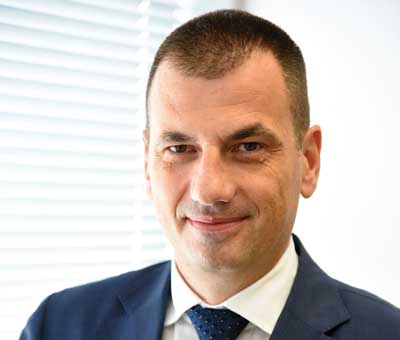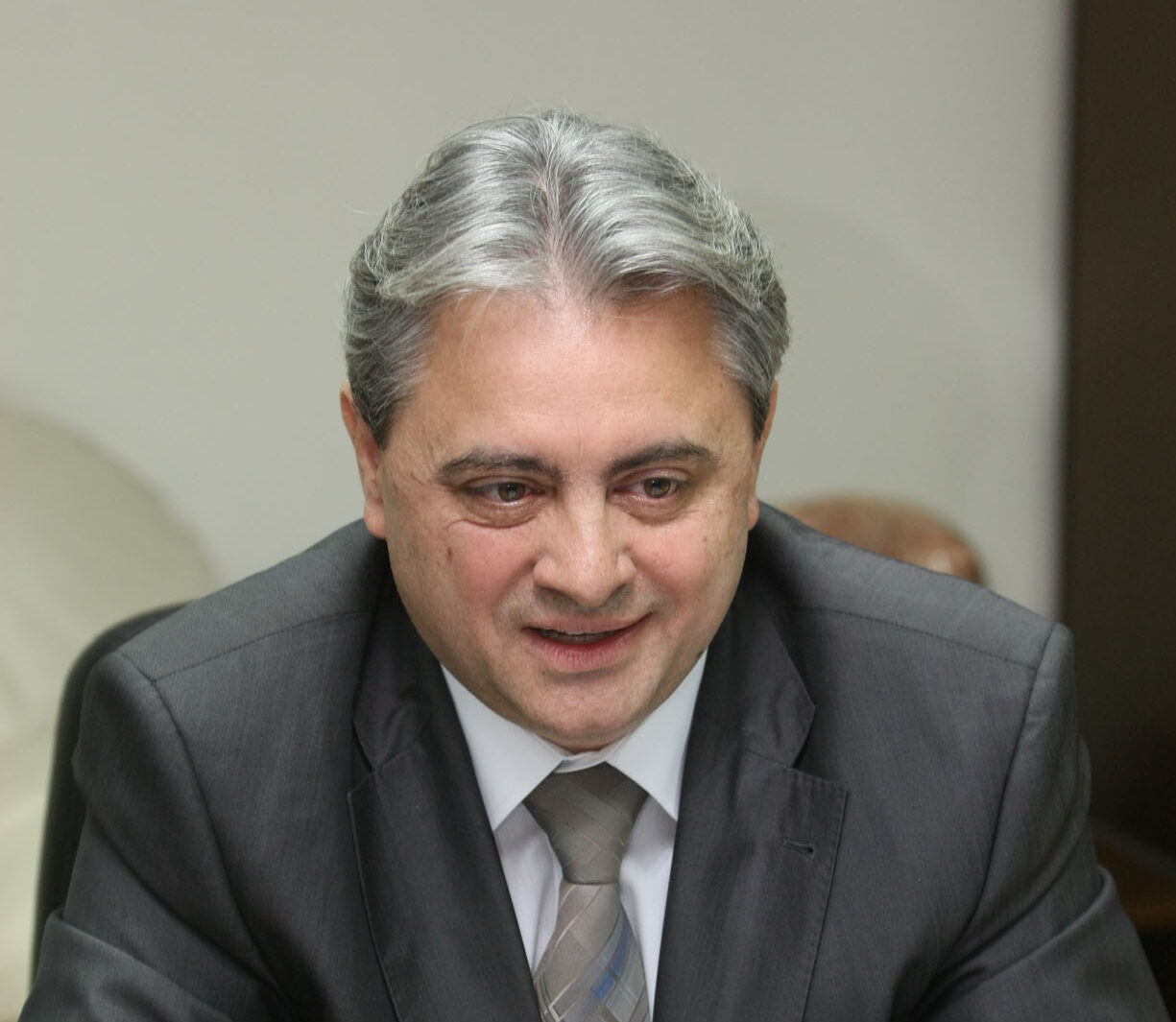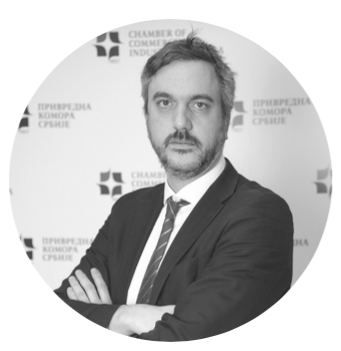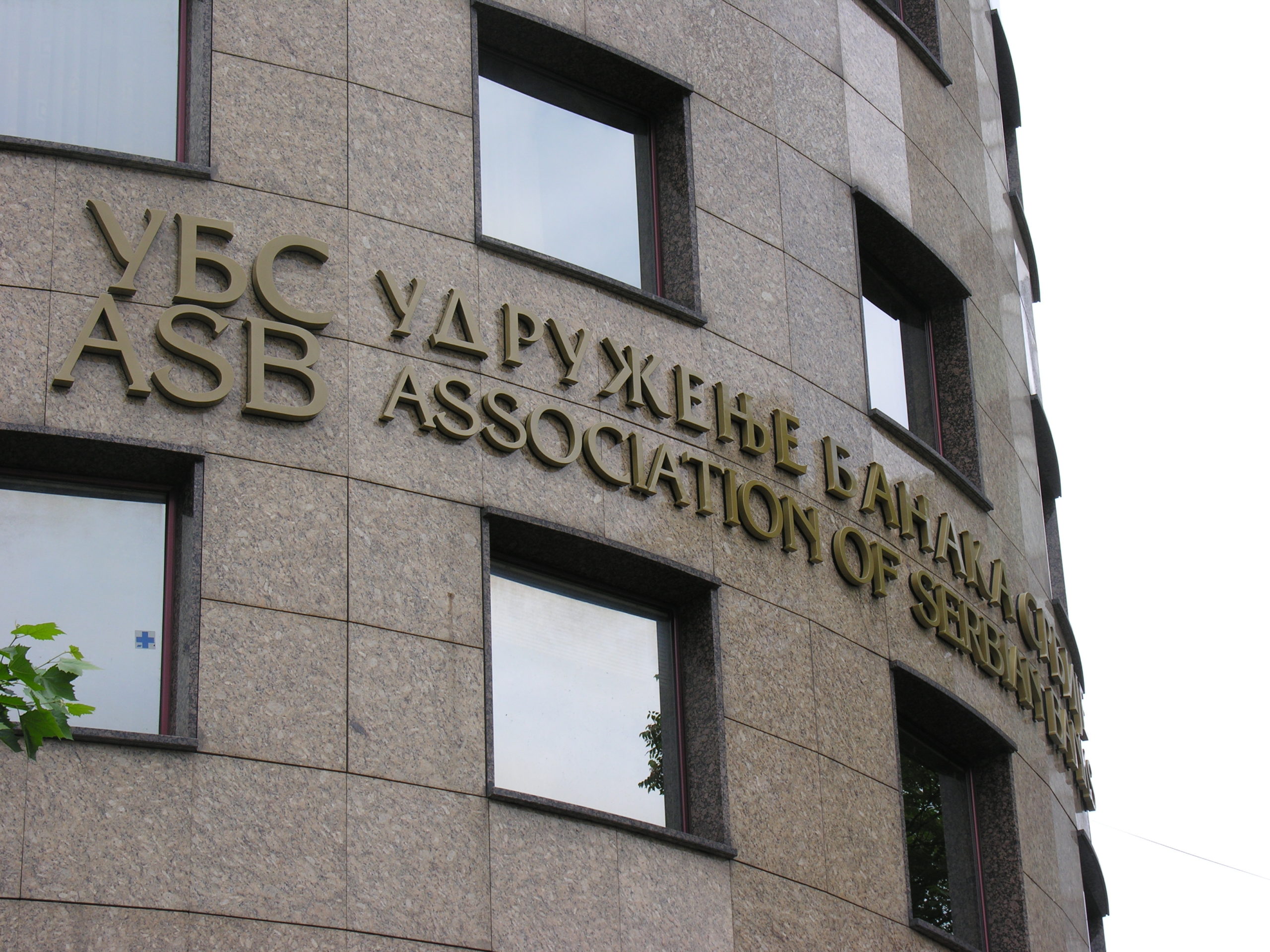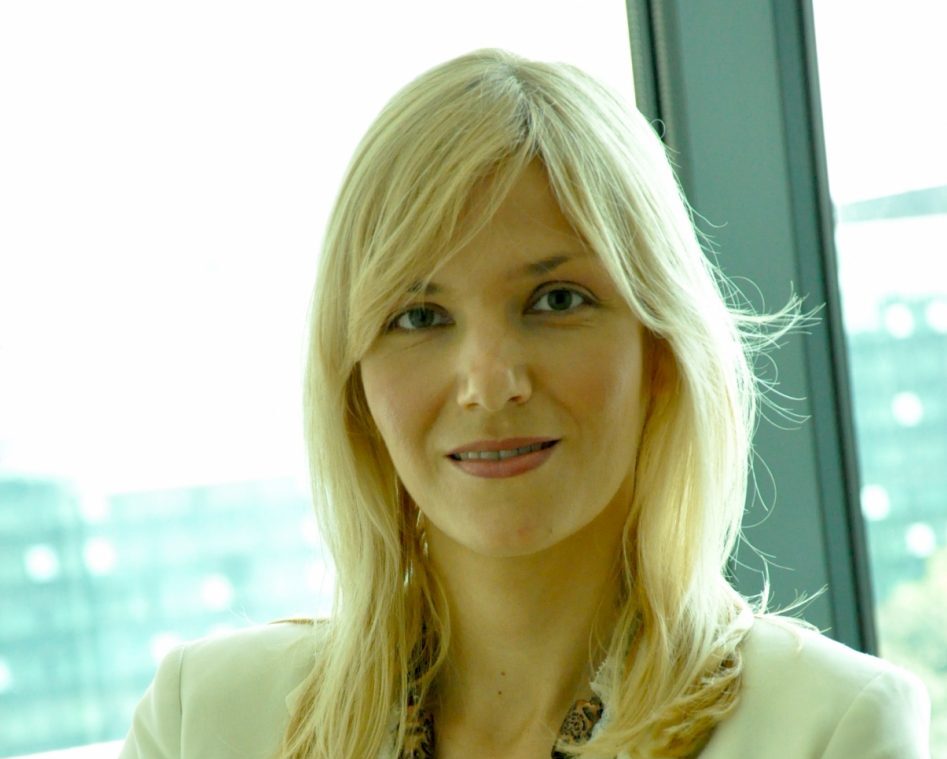Aspen Trust Group: Global Financial Architects Providing a Stepping Stone into Europe and the Middle East
Deceptively small and seemingly insubstantial, Cyprus is slowly rising to become a global player in the film industry, high-tech sector, regional headquartering, and hub for IP holdings and investment funds. Being at the nexus of three continents, Europe, Asia and Africa, it offers the strategic advantage of proximity to wildly diverse markets, as well as being a stepping stone into the EU. Indeed, it has perfected the delicate balance of meeting stringent international standards, while still maintaining a business-friendly attitude with huge incentives to promote growth.
One of the leading pioneers of the corporate service industry in Cyprus is the Aspen Trust Group. Specializing in international structuring and tax management solutions for corporations and high-net-worth individuals, it is a leading expert in headquartering, family office services, IP registration, financial technology start-ups, funds licensing and set up, banking and tax compliance. It provides financial optimization structuring tools to businesses, enhancing the boundaries of international trade and investment in a transparent, trustworthy, and proactive way. Marina Zevedeou, Co-Founder and CEO of the Group, stated, “With over 22 years in business, Aspen Trust Group is a strong, evolving, and connected business growth partner. We deliver international corporate structuring and management solutions through a tailored range of professional services from international transaction structuring to business set-up in Cyprus and abroad. Our multidisciplinary services cover corporate, financial, and legal solutions. We add value to our clients’ businesses, and we are part of their success stories. Our clients are from all corners of the world. We have been servicing American clients in Cyprus for a long time, and they continue to be amazed to discover the benefits that Cyprus provides across a wide range of sectors.”

Marina Zevedeou
Co-Founder and CEO
Aspen Trust Group
The Group specializes in services relating to financial technology start-ups. The Cyprus IP Box allows an 80% deduction of qualifying revenue earned from the use of intangible assets, taxing the remainder at the corporate tax rate of 12.5%, enabling Cyprus-resident companies to have an effective tax rate of 2.5%. Zevedeou added, “Cyprus is constantly evolving, making it easier to do business. The new Fast-Track Business Activation mechanism speeds up company relocation, as bureaucracy and delays in company registration, work-visas and relocation permits are avoided.”
Aspen Trust Group also offers services in the newly developed film industry by assisting film producers to navigate through and apply for the government’s attractive incentives. Specifically, the Cyprus Filming Scheme allows production companies to select between a cash rebate of up to 40%, tax breaks on equipment and infrastructure investments, and VAT refunds on eligible spending. Zevedeou highlighted that, “These incentives are simply there to shed light on the unrealized potential of Cyprus as a filming destination. This is a huge opportunity for the USA. Cyprus has close proximity to diverse cultures across Europe, Africa, and Asia and offers a perfect blend of traditional and modern settings. Diverse natural landscapes, ranging from mountains to waterfalls to beaches, predictable sunny weather, and short internal distances make Cyprus simply perfect for filming.”
Digital nomads are also progressively discovering Cyprus’s business-friendly regulatory environment and its ability to provide them with a balanced quality of life. From Cyprus’s modern cities to quaint little villages, digital nomads have the nation’s varied landscapes at their fingertips, along with business efficiency and a high standard of living.
While navigating red tape in government schemes may appear overwhelming, having a reputable local professional service provider can make all the difference. Zevedeou, who is a passionate advocate of Cypriot-American relations, emphasized, “America’s unparalleled success lies in its ability to recognize opportunity and I feel American investors would remiss these if they ignore the huge advantages Cyprus has to offer. Working with American clients for more than 20 years has given me not only the opportunity to understand their high expectations but also the expertise needed to meet and exceed them.”
Zevedeou was clear, whether for regional headquartering, high-tech corporations, investment funds, or as a filming destination, Cyprus should undoubtedly be at the top of investors lists. She stated, “Recognize Cyprus for the opportunity it is. You will be pleasantly surprised.”






